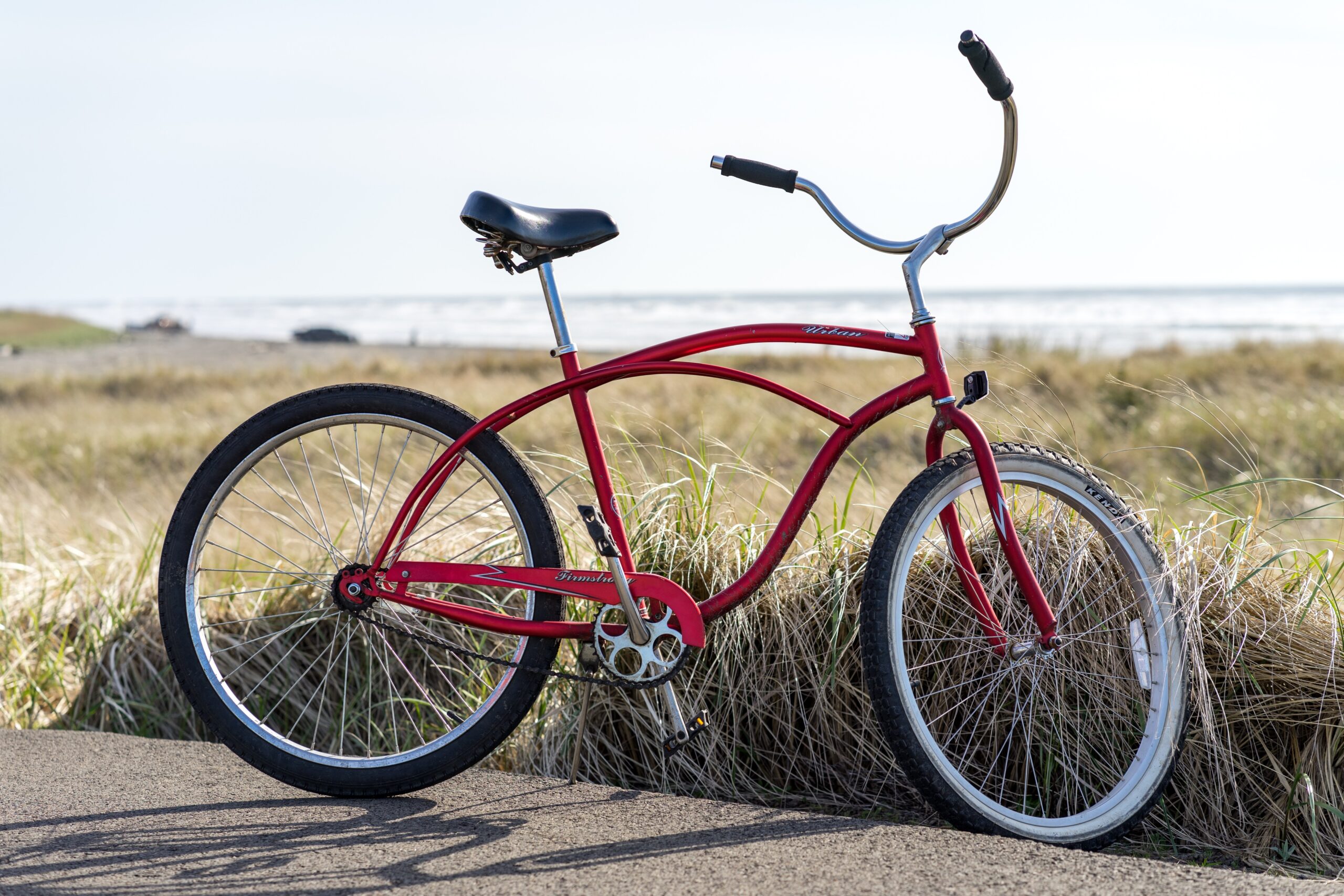Cycling provides some unexpected social advantages in addition to being a terrific mode of transportation. Cycling, for instance, can encourage friendship-building, community engagement, and even mental health improvement. Bike riding is enjoyable, good for your physical and mental health, easy for getting around town, and environmentally responsible. To increase social connection, a recent study calculated the social costs and advantages of walking and cycling.
It is crucial to redesign the urban environment if cities are to see a rise in cycling and walking. The largest obstacle to urban redesign that local governments confront is the problem of calculating costs, which is in addition to the challenge of sustainable transportation choices.
For people who might otherwise have few options for transportation, biking offers an affordable and autonomous mode of transportation. Many demographic groups with low car ownership rates, such as those with low incomes, can go farther and more comfortably on bicycles.
There are more opportunities for social engagement on the streets when more people are biking and walking, which can significantly improve a sense of community and connection and improve mental well-being.
1. An Increase In Local Commerce

Cycling is a kind of exercise that can enhance both physical and mental health, lower pollution and traffic congestion, and do a lot more than just help companies. One of the numerous social advantages of cycling is the boost it gives the local economy.
Few activities are as beneficial as cycling in boosting the local economy. Businesses profit directly from bicycle travel in the form of higher sales per mile. Local businesses can benefit from cycling because cyclists are more likely to use them than drivers are.
2. Reduced Demand for Public Transportation

Public transportation is frequently one of the first things to be reduced when budgets are being cut around the world. This is made worse by the fact that many occupations in the US are not located in major cities and can only be reached by sporadic or nonexistent public transportation. According to the ITDP, 70% of regional occupations in the US are located more than three miles from major corporate areas. In many of these cases, cycling might be the only viable option for driving a car.
3. Cycling Improve Status

There is mounting evidence that employers respect employees who commute by bicycle. Coworkers appear to respect the amount of discipline involved. They might also value the environmental and health advantages.
There may be a connection between cycling to work and having a higher level of education, according to recent studies. Dr. Ansgar Hudde of the University of Cologne’s Institute for Sociology and Social Psychology conducted this study.
800,000 travels made by 55,000 persons during 22 years were examined. Individuals with a college degree are over 50% more likely to utilize bicycles than those without a college degree, according to Hudde.
4. Stress and Anxiety Reduction

Numerous research has been done that show how beneficial cycling is for lowering stress and anxiety. Many people in society can benefit from reducing stress, including:
- Family time is improved with less stress.
- It raises workforce productivity.
- It enhances well-being and longevity.
Your mental health improves with exercise. Biking has several advantages for one’s mental health, including Reduced levels of stress and anxiety, causing the brain’s “feel good” chemicals to be released, which makes you feel happier and reduced the chance of depression
5. Promotes More Child Cycling.

The snowball effect of more people riding bikes is one of the amazing cycling statistics. One result is that roads become safer as a result of fewer vehicles on the road. As a result, there are more cyclists on the roadways, which ultimately gives parents more confidence to permit their kids to pedal more frequently. According to Forbes Magazine, the number of bikers in the US has decreased by 20% during the last ten years. Both junior and adult bikers exhibit this.
6. Decreased Gasoline Prices

In addition to being healthy, cycling can also be cost-effective. A University of Minnesota study found that if everyone in the country rode a bike to work only once a week, we could save $87 billion annually on petrol and medical expenses. Even one individual switching to cycling won’t make much of a difference. However, if cycling becomes more popular, this may have a significant impact on congestion. Congestion would be considerably reduced if cycling were to increase by just 5 or 10 percent.
7. Social Movement

Cycling provides numerous social advantages in addition to being good for your physical health. You will have the chance to meet new individuals who share your interest in riding. if you join a cycling club or organization. You can meet new individuals by cycling. Cycling can enhance your ability to communicate and function in a team as you pedal together to your objective. You can develop your social skills by cycling.

